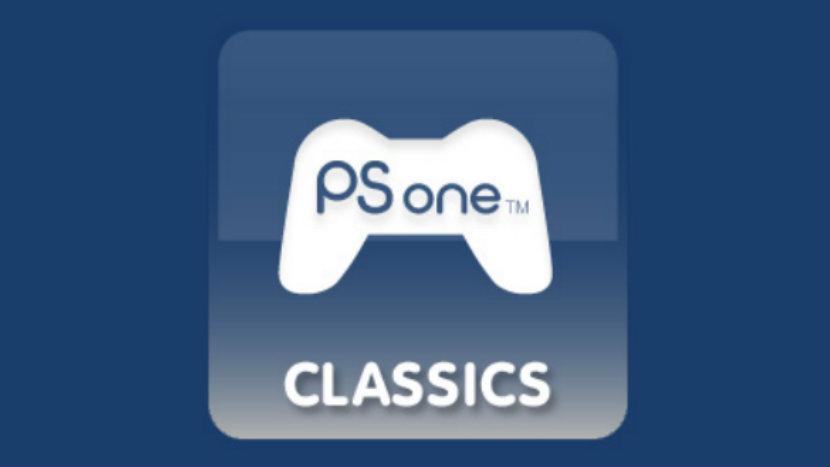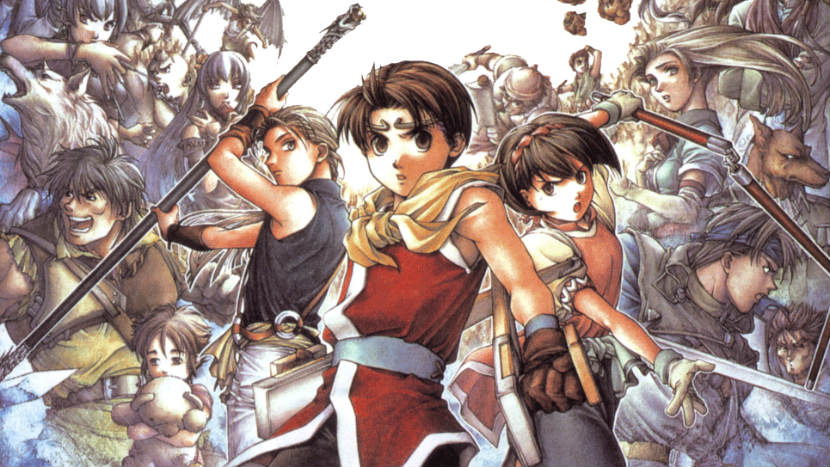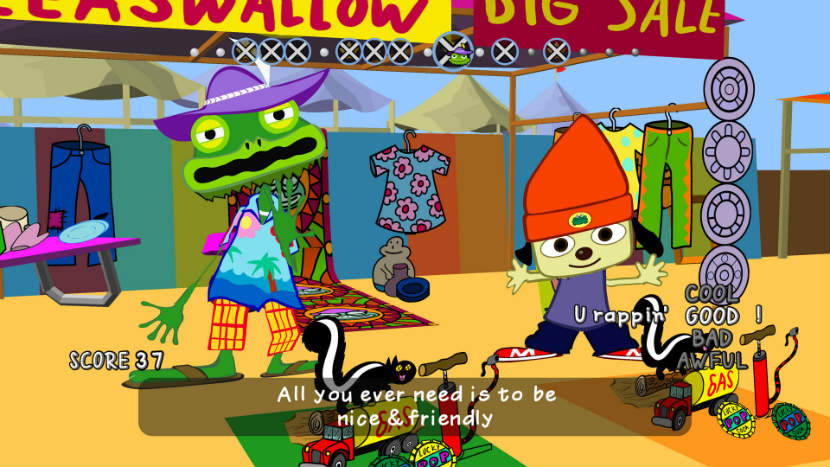April 16, 2019 was a busy day here at PlayStation Lifestyle. As we all know, high-profile tech outlet Wired was given exclusive access to what Sony is working on for the future of PlayStation. Lead Architect Mark Cerny was doing the usual lip service in the piece, showing off what will probably, eventually be called the PlayStation 5 is capable of. While most of the details were on the SSD and things like loading times, the most important detail (to me) was on backwards compatibility. While what Cerny was able to confirm at this point is a good start, I remain hopeful that there’s more on deck.
Keeping the Past Alive
While it was only one sentence in the article, Cerny confirmed that since the “PS5” is based on the PS4, it will be directly backwards compatible with that platform. The direct quote from the Wired piece reads, “Because it’s based in part on the PS4’s architecture, it will also be backward-compatible with games for that console.” Presumably that means the new console will support both physical and digital PS4 games, but there’s no explicit confirmation on that front beyond confirming native titles will include physical media.
This is great news. Backwards compatibility, especially direct backwards compatibility, is great for budget and space-conscious players who can’t justify hopping aboard a new console generation at launch. Not having to worry about what to do with your collection of games as we transfer from one platform to the next is a huge relief. This next point is conjecture on my part, but it could also be a benefit in the sense that Sony doesn’t need to support the PS4 as much or as long, if all the software and services can just migrate over to the shiny, new thing. But speaking of software moving over, there is one major software line that did not make the journey from PS3 to PS4, despite support on multiple platforms and, frankly, the PS4 itself.
If you thought, “Oh boy, this nerd is about to complain about PSOne Classics,” then you’re right on the money. My favorite thing that was unique to the “PlayStation Ecosystem” back in the PS3/PSP/Vita days was the PSOne Classics. Sure, Nintendo had its Virtual Console thing going on and I’m not above emulators, but being able to snag an official copy of a classic game, then play it on my TV or on the go with one of the most effective, official emulator packages was nigh-unbelievable, especially for the previous console generation. I was so hopeful when the PS4 came out that the ecosystem would continue, at least in the sense that the little emulator brand reminding us all of PlayStation’s rich past would live on. Alas, that wasn’t the case.
 Consistency is Key
Consistency is Key
Instead, the PS4 would be an era of experimentation. PSOne Classics vanished, due in part to the viability of re-releasing individual games. We saw remasters of games like PaRappa the Rapper, collections like Castlevania Requiem, that one thing that didn’t do so well, and the small collection of PS2 games that were launched with high resolution visuals and trophy support. PlayStation Now also became a thing. We’ve seen various ideas float around, but nothing on a similarly encompassing scale. However, we do know that the PS4 is capable of more, as it was later discovered that PaRappa Remaster was running on a PSP emulator, similar to how the Vita ran PSOne Classics.
I’m not just advocating for PSOne Classics to reappear on the PS5, however. The ceiling of possibilities is much higher. Since the PS5 is structurally similar to the PS4, we know it’s essentially a PC that’s much easier to develop for when compared to the PS3. Knowing that, I see a lot of potential in software emulation for, at the very least, PS1 and PS2 software. That belief in potential is fueled by a couple of patents published by Sony recently, showing research was done on technology that could allow a CPU to emulate a different CPU, effectively mimicking older hardware CPUs. This would be a sort of bridge between what we currently know as hardware vs software emulation.
The biggest hurdle would be the breadth of the library. As we saw with the PlayStation 3, it can be a challenge to have a modern console able to just run games from discs. If you look at the competition, both the Xbox 360 and Xbox One are capable of running legacy software if the player has the original disc, but games have to be added to the backwards compatibility list individually. Because games have to be tuned individually to work on the system Microsoft has developed, it seems like negotiations have to be made with third party publishers, perhaps due to how the emulation developers have to interact with the games. That’s conjecture of course, but it would make sense based on Microsoft’s rollout style.
 EmulationStation?
EmulationStation?
A similar situation on PS5 would certainly go over well with the audience. It’s always a shame that you can’t just have every game playable out of the box, but licensing is a beast we have yet to slay in the world. But again, I point to those patents as a sign of hope. If the CPUs can “transform” themselves to mimic old hardware, perhaps that’s the solution. Only Mark Cerny and his people know the answer for sure now, but I can’t wait to see if a public-facing answer is on the way.
Obviously, it’s still early, and I’m using a literal, single sentence as a springboard here. But as cool as tentpole releases like God of War are, backwards compatibility is something I care more deeply about, due to its proximity to game preservation. This is a good opportunity to point a megaphone at Sony and yell about it. It’s great to know that I’ll be able to tuck my PS4 away once I have a PS5, and not have to worry about comfortably revisiting that enormous game library. I’ll be able to still justify picking up the odd PS4 game I missed here and there into the future as well. I just hope the same mentality that led to this decision will lead to similar support for older titles.








